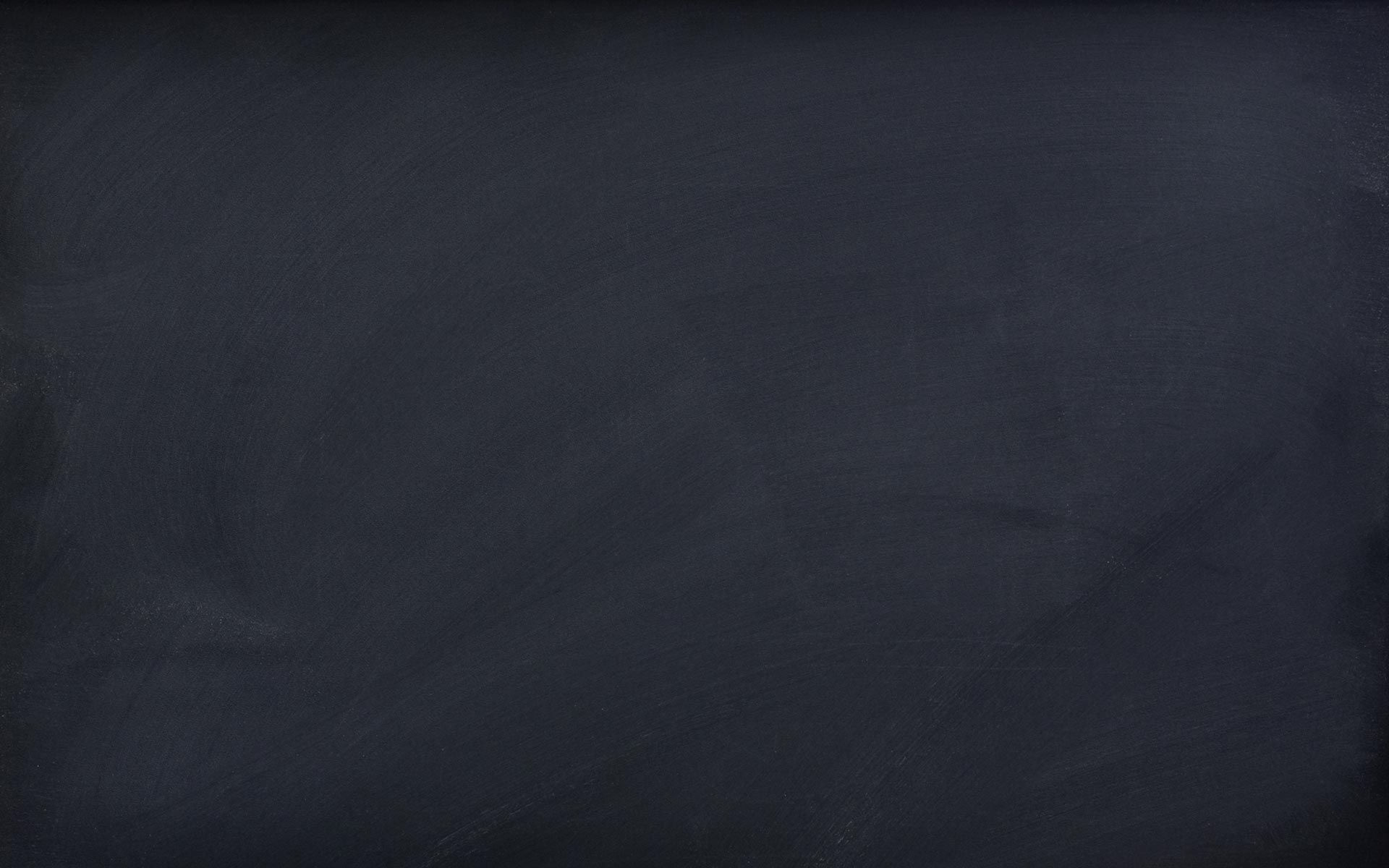
Auteur cinema, that labyrinth of images and sounds conceived by restless minds, immerses us in universes as personal as they are enigmatic. Each director, a visionary architect, builds his own cinematic city, a metropolis where rules are rewritten and reality is refracted through a unique prism. In this labyrinth, the relationship with the artistic avant-gardes is revealed as a common thread, a constant search for new forms of expression that challenge established canons.
Auteur cinema, like the avant-garde, is a manifestation of the will to experiment, to break moulds and to explore uncharted territories. Auteur filmmakers, like avant-garde artists, seek to transcend the mere representation of reality to enter into a more subjective and symbolic terrain. It is in this sense that directors such as Jim Jarmusch, David Lynch and Wong Kar-wai stand as heirs to the avant-garde, perpetuating a tradition of innovation and experimentation.
Jarmusch, with his slow pace and marginal characters, evokes the spirit of American independent cinema of the 1960s and 1970s, a movement characterized by its rejection of Hollywood conventions and its search for a more personal and authorial aesthetic. His films, such as "Stranger Than Paradise" and "Paterson," are authentic odes to slowness, observation and the beauty of everyday life, elements that recall the proposals of the filmmakers of the French New Wave.

Mother, they're still not sure it is a baby, David Lynch https://creativecommons.org/licenses/by-sa/2.0/
David Lynch, for his part, immerses himself in a dreamlike and disturbing universe, where the boundaries between the real and the imaginary are blurred. His films, such as "Eraserhead" or "Mulholland Drive", are authentic lucid nightmares that invite us to explore the darkest recesses of the human mind. Lynch shares with the surrealists a fascination with the unconscious and the irrational, and his cinema becomes a true machine for generating disturbing and suggestive images.
Wong Kar-wai, the visual poet of Asian cinema, transports us to a dreamlike universe where time expands and feelings are expressed through images of breathtaking beauty. His films, such as "In the Mood for Love" or "Happy Together", are authentic visual gems that explore universal themes such as love, loss and nostalgia. Wong Kar-wai's aesthetic, with its saturated colours and long takes, reminds us of impressionist painters and modernist photographers.
These three directors, each in their own way, demonstrate how auteur cinema can be a powerful tool for exploring the human condition and questioning our perceptions of reality. Like the artistic avant-garde, auteur cinema invites us to look at the world with new eyes, to discover beauty in everyday life and to question the limits of representation.
Auteur cinema and avant-garde art share the same vocation: the search for innovation, experimentation and personal expression. Like avant-garde painters and writers, auteur filmmakers rebel against established norms and seek new ways to communicate their ideas and emotions.


Comments